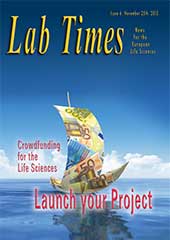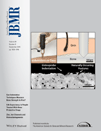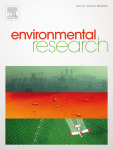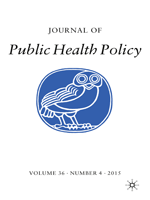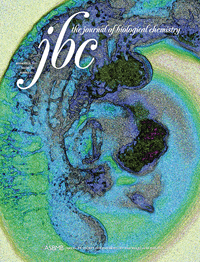Two journals published by Elsevier are retracting a pair of material science papers that appear to share figures.
The papers — in Materials Letters and Optics Communications — discuss photonic crystals, a kind of material used to manipulate light. They share the same first author, Zheng-qi Liu at Jiangxi Normal University and Nanjing University in China, as well as six other authors. Each paper presents one of the duplicated figures as a slightly different material.
One of the duplicated figures is a a picture of a photonic crystal taken with a scanning electron microscope that gives detail at the level of a few micrometers (it looks like a honeycomb, but it’s composed of tiny spheres). It’s Figure 1a in both papers:
Continue reading Duplication shatters two photonic crystal papers

